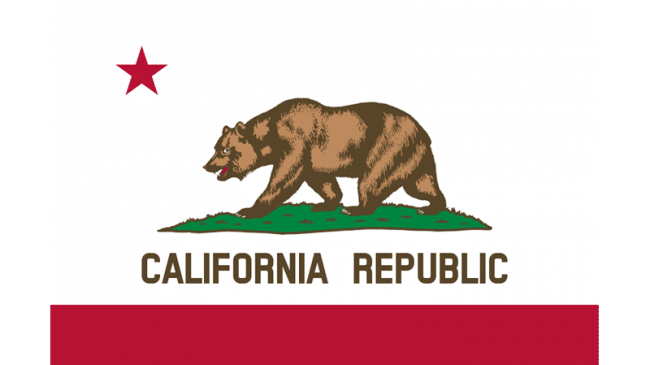“Preschool for All” supporters keep moving the goalposts in the debate over universal preschool, desperately searching for an argument that can actually hold up to scrutiny.
First, it was important to get all kids into preschool. But it turns out two-thirds of California’s kids are already in preschool, and taxpayers would be paying over $2.4 billion a year just to inch that total up to 70 percent.
Now supporters say universal preschool will improve California’s dismal national reading performance. In a new report, “Building Blocks of Reading,” advocates of Proposition 82, the “Preschool for All” initiative pushed by actor/director Rob Reiner, argue that universal preschool will help to prevent reading difficulties in young children. Half of all the state’s fourth-graders are failing basic reading on the National Assessment of Educational Progress, a nationwide test of reading achievement. And California fourth-graders perform significantly worse than students in 44 other states, so we certainly need to improve.
Unfortunately, we’re going to need to find another way to fix our schools and reading scores because the data clearly shows preschool is not a silver bullet that improves reading achievement.
U.S. preschool enrollment has increased dramatically, jumping from 16 percent in 1965 to 66 percent today. But getting kids into school earlier has not translated into higher test scores. “Student achievement has stagnated or fallen in most subjects since 1970. That is the verdict of the five most reliable sources of evidence,” the report’s author, education researcher Andrew Coulson, reports.
Georgia and Oklahoma in the 1990s became the first two states to implement universal preschool. We see disappointing results from both states, especially in reading.
Oklahoma and Georgia, both with universal preschool now in place for years, scored below the national average in fourth-grade reading on the standard National Assessment of Educational Progress (NAEP) tests in 2005. In fact, Georgia and Oklahoma ranked in the bottom 10 of states for increasing fourth-grade reading scores from 1992 to 2005.
Oklahoma is often hailed as the national model for universal preschool. Yet, it was the worst performer of all states in terms of making gains in fourth-grade reading during the years 1992 to 2005, actually losing 4 percentage points.
Thirty-three percent of Oklahoma’s fourth-graders were reading at a level below “basic” in 1992. By 2005, that number was 40 percent. While the number of kids reading below the basic level was increasing, the number of fourth-graders reading at a basic level was falling. In 1992, 38 percent of Oklahoma fourth-graders scored basic in reading but by 2005 the number had slipped to 35 percent.
These reading scores fell despite the fact that all the children that took the 2005 reading tests were eligible for universal preschool. One would probably assume that Oklahoma’s large, statewide investment in universal preschool, including highly paid, credentialed teachers and a high-quality curriculum, would have a positive effect on fourth-grade reading scores. Clearly, it did not.
Meanwhile, none of the states that made the biggest improvements in fourth-grade reading scores on the NAEP tests during 1992-2005 had implemented universal preschool.
One factor behind preschool’s failure to boost reading scores is “fade out.” A UC Santa Barbara study this year found preschoolers were more prepared for kindergarten than nonpreschoolers, but that those advantages faded away by the third grade, and thus preschool had “limited use as a long-term strategy for improving the achievement gap.” This “fade out” phenomenon has been replicated in many large-scale preschool studies.
After years of so-called reform efforts aimed at improving subpar reading performance in California schools, universal preschool has become the latest panacea. Universal preschool is not a silver bullet. California test scores since 1970 and, more recently, Georgia and Oklahoma’s universal preschool results, clearly show universal preschool is not a “Building Block for Reading.”
Miserable reading scores are just one example of our broken educational system. Adding a new $2.4 billion-per-year preschool layer to the existing failing bureaucracy won’t help. As Ronald Reagan would say: Don’t feed the beast.
Lisa Snell is director of education at Reason Foundation and the author of several studies on universal preschool. An archive of her work is here and Reason’s education research and commentary is here.

